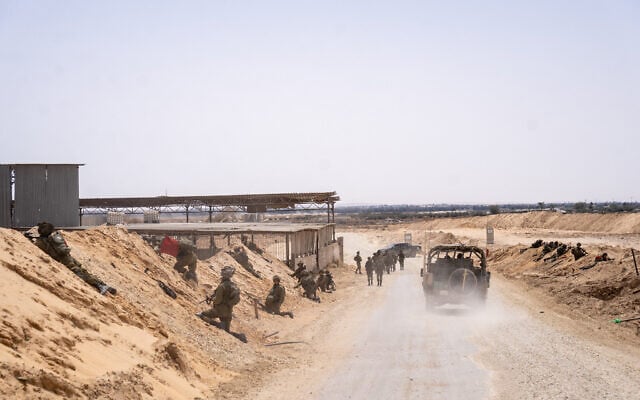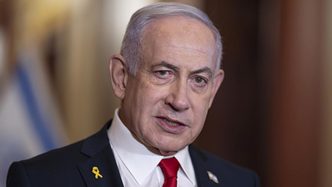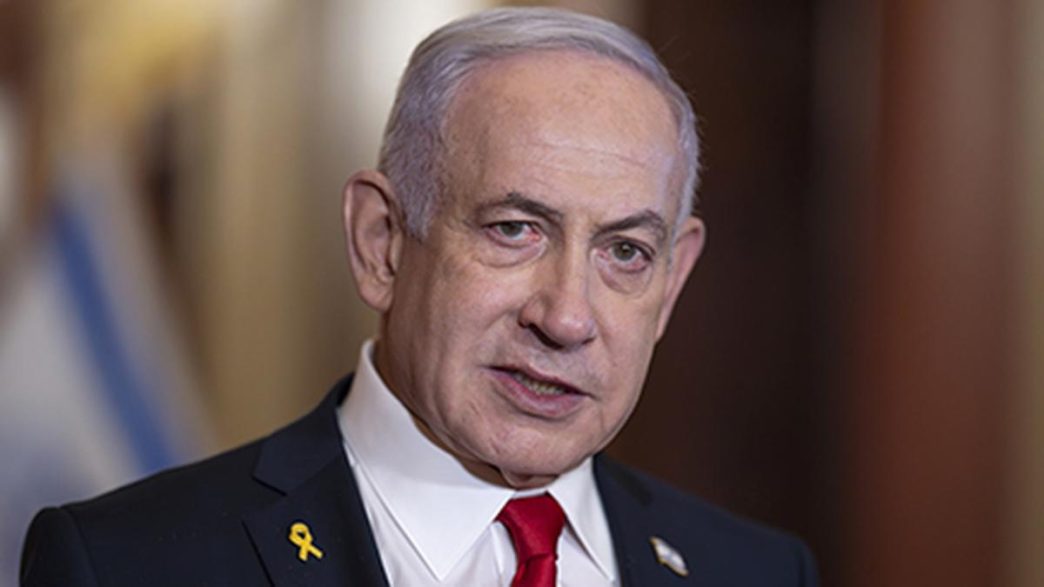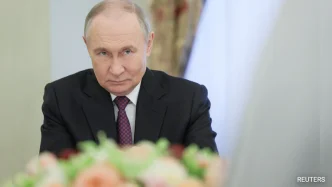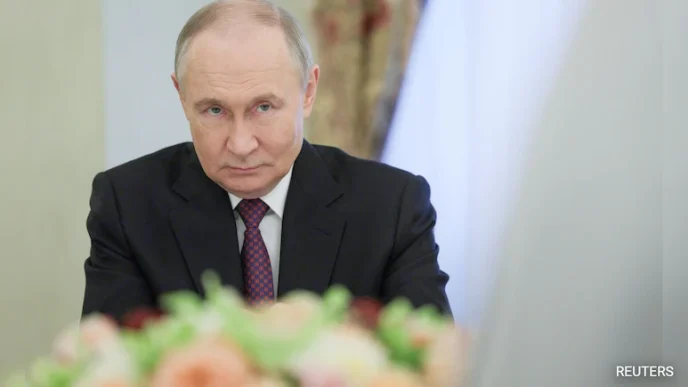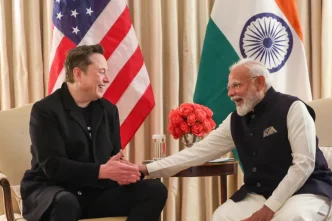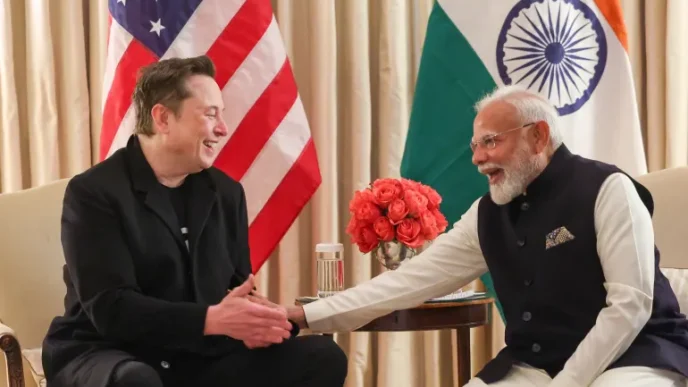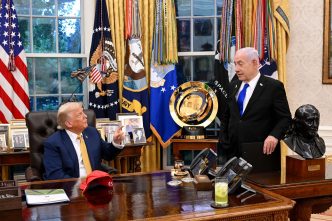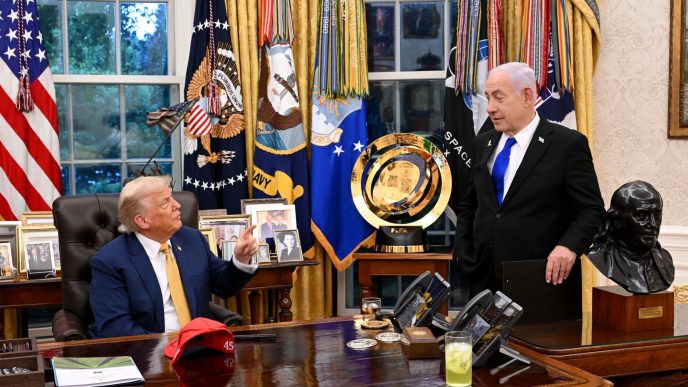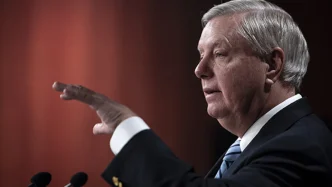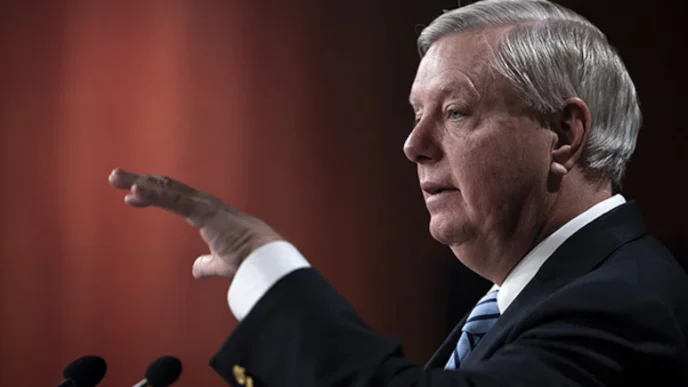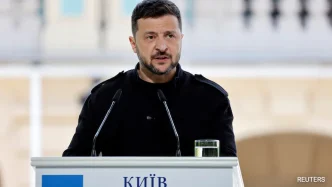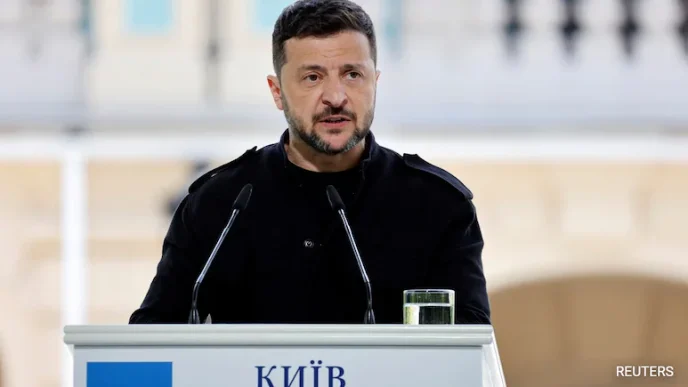Israel is advancing major efforts to reach a ceasefire and hostage release deal ahead of Prime Minister Benjamin Netanyahu’s visit to Washington next week, three Hebrew TV outlets reported on Wednesday evening.
Israel is now, for the first time, willing to engage in talks over a comprehensive ceasefire and hostage release framework in Gaza that would see the release of all 50 remaining hostages from Hamas, Channel 12 news reported, citing sources involved in the talks.
Even if Hamas agrees to the framework in principle, potentially within the next 24 hours, the process will take time, the report added.
Assuming a basic commitment from Hamas is reached, negotiations will then need to be held in Doha or Cairo to discuss the release of Palestinian security prisoners in exchange for the hostages, the process of the IDF’s withdrawal from Gaza, and the entry of humanitarian aid — talks which would take at least a week, according to the network.
At the same time, broader talks — led primarily by Strategic Affairs Minister Ron Dermer, US special envoy Steve Witkoff and Qatari officials — are currently underway to determine how far Israel is willing to go toward ending the war, and whether Hamas is prepared to accept the terms that Israel offers. Without such acceptance, the overall chances for a deal remain slim, despite growing optimism, the report concluded.
On Wednesday evening, Netanyahu said Israel’s aims of both defeating Hamas and freeing the hostages are still attainable: “I am telling you, there will be no Hamas,” he said during a visit to the Eilat Ashkelon Pipeline Company headquarters in Ashkelon. “There will be no Hamastan. We are not going back to that. It is over. We will release all our hostages.”
Any suggestions that those two goals are in opposition are “nonsense,” he added, saying that “it works together. We will complete this together, contrary to what they say. We will eliminate them to the end.”
In another report, Channel 12 said that during Netanyahu’s planned meeting with US President Donald Trump on Monday, the premier is expected to ask the United States to pressure Qatar to threaten senior Hamas leaders with expulsion if they fail to advance a deal soon or show flexibility on the terror group’s core positions.
Israel is advancing major efforts to reach a ceasefire and hostage release deal ahead of Prime Minister Benjamin Netanyahu’s visit to Washington next week, three Hebrew TV outlets reported on Wednesday evening.
Israel is now, for the first time, willing to engage in talks over a comprehensive ceasefire and hostage release framework in Gaza that would see the release of all 50 remaining hostages from Hamas, Channel 12 news reported, citing sources involved in the talks.
Even if Hamas agrees to the framework in principle, potentially within the next 24 hours, the process will take time, the report added.
Assuming a basic commitment from Hamas is reached, negotiations will then need to be held in Doha or Cairo to discuss the release of Palestinian security prisoners in exchange for the hostages, the process of the IDF’s withdrawal from Gaza, and the entry of humanitarian aid — talks which would take at least a week, according to the network.
At the same time, broader talks — led primarily by Strategic Affairs Minister Ron Dermer, US special envoy Steve Witkoff and Qatari officials — are currently underway to determine how far Israel is willing to go toward ending the war, and whether Hamas is prepared to accept the terms that Israel offers. Without such acceptance, the overall chances for a deal remain slim, despite growing optimism, the report concluded.
Any suggestions that those two goals are in opposition are “nonsense,” he added, saying that “it works together. We will complete this together, contrary to what they say. We will eliminate them to the end.”
In another report, Channel 12 said that during Netanyahu’s planned meeting with US President Donald Trump on Monday, the premier is expected to ask the United States to pressure Qatar to threaten senior Hamas leaders with expulsion if they fail to advance a deal soon or show flexibility on the terror group’s core positions.
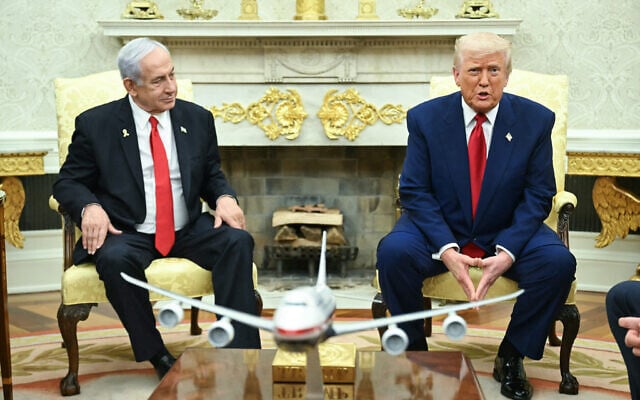
In recent high-level discussions, the issue of senior Hamas leaders receiving “preferential treatment” abroad resurfaced, according to the report.
Israeli officials believe targeted sanctions on senior Hamas leaders, especially one prominent leader living abroad, who was not named, being hosted by countries like Qatar and Turkey are essential to pushing Hamas toward a deal, despite Israel’s complex relationships with these countries, Channel 12 said.
“Hamas leaders are traveling freely around the world and feel no pressure — that’s why they’re in no rush to make a deal,” security officials involved in the talks were quoted as saying.
Earlier Wednesday, Hamas said it was open to a ceasefire with Israel, but did not accept the US-backed proposal announced by Trump the day before, in which he said that Israel agreed “to the necessary conditions to finalize” a 60-day ceasefire with Hamas, adding that during this period, “we will work with all parties to end the war.”
The proposal echoes earlier frameworks, though talks have repeatedly stalled over post-truce conditions, as Israel insists on preserving the right to resume fighting, while Hamas demands a permanent ceasefire.
According to the Kan public broadcaster, Netanyahu and Defense Minister Israel Katz have both expressed support for the framework in closed-door discussions, though Israel has not yet issued any official endorsement.
In recent high-level discussions, the issue of senior Hamas leaders receiving “preferential treatment” abroad resurfaced, according to the report.
Israeli officials believe targeted sanctions on senior Hamas leaders, especially one prominent leader living abroad, who was not named, being hosted by countries like Qatar and Turkey are essential to pushing Hamas toward a deal, despite Israel’s complex relationships with these countries, Channel 12 said“Hamas leaders are traveling freely around the world and feel no pressure — that’s why they’re in no rush to make a deal,” security officials involved in the talks were quoted as saying.
Earlier Wednesday, Hamas said it was open to a ceasefire with Israel, but did not accept the US-backed proposal announced by Trump the day before, in which he said that Israel agreed “to the necessary conditions to finalize” a 60-day ceasefire with Hamas, adding that during this period, “we will work with all parties to end the war.”
The proposal echoes earlier frameworks, though talks have repeatedly stalled over post-truce conditions, as Israel insists on preserving the right to resume fighting, while Hamas demands a permanent ceasefire.
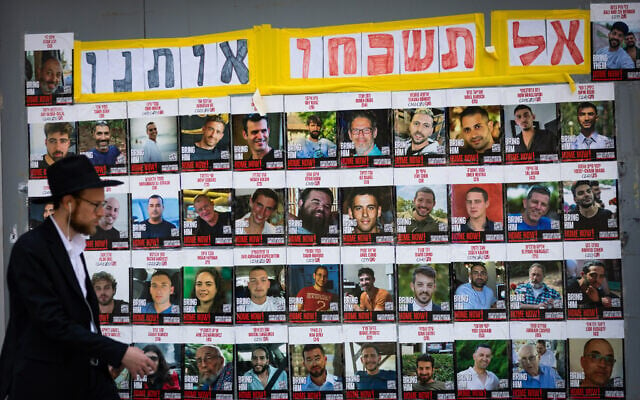
The report also said the current framework in discussion includes guarantees from mediating countries, including the US, that negotiations to permanently end the war will continue beyond the 60-day ceasefire that could be agreed upon next week.
Channel 13, meanwhile, reported that Israel is preparing for the possibility that an agreement on a deal may be announced during Netanyahu’s trip.
According to Channel 12, Israel is insisting on holding onto the Morag Corridor, an east-west route that the military carved through southern Gaza earlier this year, with the network saying that during a security discussion earlier this week, Netanyahu told those present that he is in favor of maintaining a “siege” of the Strip as a way to destroy Hamas, even with a ceasefire in place.
“Everyone here knows that if [the hostages] hadn’t been kidnapped, everyone here would be in favor of flattening Gaza,” the premier was quoted as saying by Channel 12. “We need a siege. And don’t tell me it won’t work, I’m putting my entire resume on the line that it will work.”
